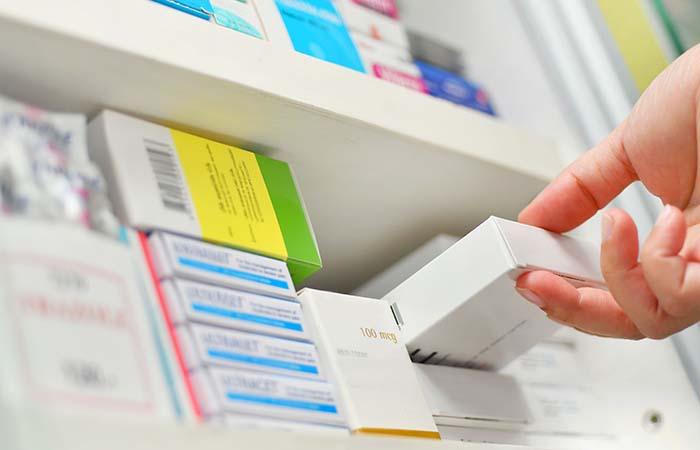Original pack dispensing to be allowed as Government confirms law changes
In News
Follow this topic
Bookmark
Record learning outcomes
The Government has confirmed it will make legislative changes giving pharmacists the flexibility to supply more or less of a medication than has been prescribed in order to dispense the medicine in its original pack.
The changes to the Human Medicines Regulations (HMRs), which were announced yesterday as the Government published the outcome of a 2021 consultation on its proposals, are aimed at ensuring patients receive the patient information leaflet (PIL) with their medicines and at reducing the need for pharmacy teams to split boxes and repackage medicines.
They will allow pharmacists to dispense up to 10 per cent more or less than has been prescribed in order to dispense medicines in the manufacturer’s original packs, “except where this would negatively affect the patient’s clinical treatment regimen”. Original pack dispensing (OPD) will not apply to controlled drugs.
The Government will also amend the HMRs to explicitly state that sodium valproate medicines must be dispensed “in whole packs to the nearest quantity prescribed (rounding either up or down)”.
Pharmacists will be allowed to make exceptions to the whole-pack dispensing rules around sodium valproate “on an individual patient basis” if a risk assessment has been made that states the medicines should be supplied via alternative means such as an MDS tray, provided there are processes in place to ensure patients receive the PIL.
The regulatory changes will apply across the UK as a whole, the Government said, although some discretion will be given to local NHS administrations with regard to OPD roll out.
A “transitional provision” will be made in England, Wales and Northern Ireland “to enable these administrations to decide how they want [the changes to HMRs around OPD] to apply in their respective NHS services”. OPD flexibility will apply immediately in Scotland.
However, there are no transitional provisions with regard to whole-pack dispensing of valproate medicines, which “will apply as soon as the HMRs come into force”. This is in order to ensure all women of childbearing potential receive the necessary safety information and to prevent birth defects as a result of taking these medicines during pregnancy.
The Government noted that 85 per cent of the 84 consultation responses received agreed that whole-pack dispensing of medicines containing sodium valproate would mean patients always receive the safety information on the pack and leaflet, while 94 per cent agreed that original pack dispensing “will have positive patient safety impacts”.
Some respondents expressed concerns around the possible impact of these legislative changes on the reimbursement of pharmacy contractors. The Government said it “acknowledges these concerns… although this is yet to be determined through negotiations led by respective administrations and the pharmacy contractor representative bodies”.
On the OPD proposals, 63 per cent of respondent agreed that 10 per cent is the appropriate margin of flexibility to be allowed to pharmacists.
Several respondents argued that this does not go far enough, and that pharmacists should be allowed to dispense 15-20 per cent more than has been prescribed in order to “allow a broader range of items to be included in OPD”.
However, the Government said this would “significantly change the quantity of medication supplied compared with that prescribed, and patients may find that the medication dispensed falls short of the prescriber’s intent”.

